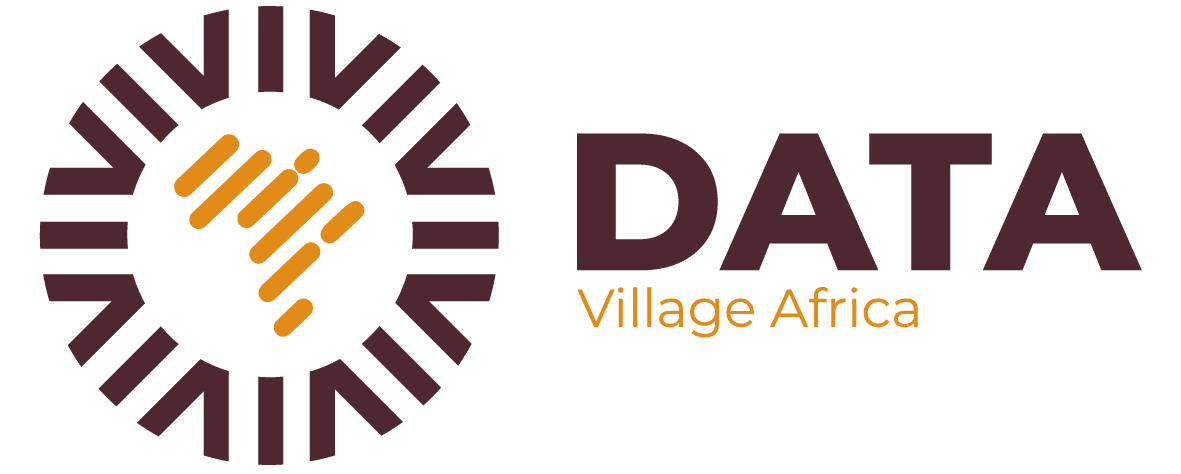Understanding Africa’s Unique Data Challenges
Africa faces a distinct set of data challenges that often hinder technological advancement and economic growth. One of the foremost issues is the limited access to quality data. Many African countries have insufficient datasets that reflect the realities of their populations. This scarcity impedes the effectiveness of data-driven decision-making processes, as businesses and governments often lack the empirical basis needed to inform their strategies. Data collection is frequently impeded by bureaucratic inefficiencies, lack of investment in data infrastructure, and a general lack of digital literacy among the population.
Furthermore, underdeveloped infrastructure contributes significantly to the ongoing data challenges. Poor internet connectivity and low technological penetration in rural areas make it difficult to gather comprehensive data across the continent. In many urban centers, while technology is more accessible, the quality of data being collected is often compromised by the absence of standardization and regulatory frameworks. This results in data that may not accurately represent the demographic and socio-economic diversity of African nations, further complicating efforts to implement effective AI solutions.
The contextual nuances that differentiate African markets from those in the global north also play a crucial role in shaping these data challenges. Cultural and socio-economic factors significantly influence data collection methodologies and utilization. Understanding local norms and values is essential for creating data solutions that resonate with the populations they aim to serve. Without accounting for these elements, foreign companies running data initiatives may encounter resistance from communities due to a perceived imposition of outside perspectives.
In addressing these challenges, it becomes increasingly important to promote localized solutions that align with the unique needs and circumstances of African populations. By fostering partnerships between local entities and international stakeholders, there is the potential to create a robust data ecosystem capable of driving sustainable growth throughout the continent.
Tailored AI Solutions for African Problems
Artificial Intelligence (AI) is increasingly playing a pivotal role in addressing the unique challenges faced by African nations. Local startups and initiatives have recognized the importance of developing tailored AI solutions that resonate with specific cultural, economic, and social contexts. One prominent example is the use of AI in agriculture, where platforms like Aerobotics provide farmers with precision farming tools. By utilizing drones and machine learning, these technologies enable farmers to monitor crop health, optimize resource use, and ultimately enhance yields. This has the dual benefit of increasing food security and providing economic opportunities for smallholder farmers.
In the healthcare sector, AI solutions are being implemented to improve service delivery and enhance diagnostics. For instance, companies like 54gene utilize AI and genomics to analyze genetic data, which aids in disease detection and management. Such innovations not only bolster the healthcare framework but also foster collaboration among local researchers and experts, leading to sustainable health solutions that are well-adapted to the context of African communities.
Education, another critical area, is benefiting from bespoke AI applications as well. Initiatives like M-Shule use AI-driven platforms to deliver personalized learning experiences to students across Kenya. By leveraging data analytics, M-Shule tailors educational resources to meet individual learning needs, democratizing access to quality education and contributing to enhanced learning outcomes.
Collaborating with local developers and researchers is essential for creating scalable technologies that can evolve with the landscape of African economies. Such partnerships not only nurture innovation but also promote job creation and capacity building among the youth. By empowering local talent, these AI solutions lead to a robust economy, fostering self-reliance and resilience against external challenges. In conclusion, the development of tailored AI solutions represents a significant stride towards addressing Africa’s homegrown challenges, promising a more sustainable and prosperous future.


